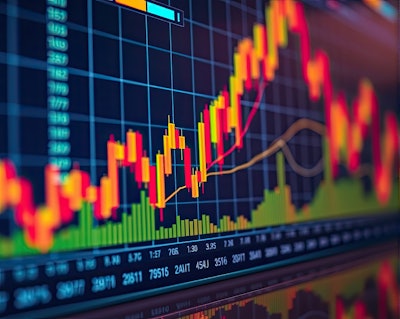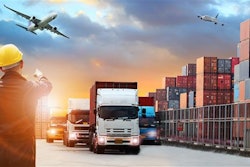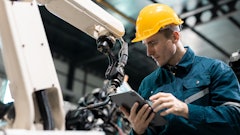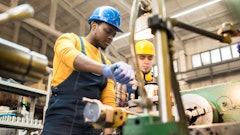
Small and mid-size business (SMB) CEOs' confidence in the economy continued to edge down in Q2 2025, according to the latest CEO Confidence Index from Vistage.
"Depending on your source, the U.S. economy is either booming or on the brink of collapse, but the reality lies somewhere in between," says Joe Galvin, Vistage's chief research officer. "CEO confidence continued to slip in June, returning to the lower end of the post-pandemic range. Ongoing uncertainty, coupled with the growing impact of AI on workforce productivity, has driven workforce expansion to record lows as CEOs assume a more risk-averse posture and increasingly consider workforce reductions. With so much disruption, it's no surprise that our survey reveals many CEOs are experiencing burnout; however, forecasts indicate that the business landscape is unlikely to become easier to navigate anytime soon. Leaders must focus on building the mental, physical, and emotional fortitude they need to lead their business forward successfully despite uncertainty."
Key takeaways:
· The Index dipped to 77.2 in Q2, down from 78.5 in Q1 2025 and significantly below its 100.8 reading in Q4 2024. Driven by record-low workforce expansion plans and the negative impacts of tariffs and trade policy, today's confidence level is 3.2 points below the 12-quarter average after seeing a temporary spike in December 2024 due to post-election optimism.
- When asked how overall economic conditions have changed over the past year, 50% of SMB CEOs report that conditions have worsened. Just 17% said conditions have improved.
- Respondents were divided when expressing their expectations for the economy 12 months from now: 33% expect it to worsen, 31% anticipate it will improve, and 32% expect it to remain the same.
- CEO optimism about what's next for their business is waning. 54% expect their sales revenues will improve during the next 12 months (down 22 points from Q4 2024), and 41% anticipate their profitability will improve during that timeframe (down 20 points from Q4 2024).
- 42% of CEOs expect to increase their workforce in the year ahead, down from 45% in Q1 and 23 points below the recent peak in Q4 2024.
- Meanwhile, 13% of CEOs expect to decrease the size of their workforce over the next 12 months. While in line with Q1 2025, this level has only been seen during the COVID-19 pandemic and in recessions.
- More than two-thirds (69%) of SMBs have been negatively impacted by trade and tariff policy changes, either directly or indirectly.
- Of those that order goods from China, 44% of CEOs reported that their businesses are trying to accelerate shipments during the 90-day tariff pause.
- Customer behavior has changed in response to tariff and trade policies, with 46% of CEOs reporting delays in the buying process, 32% finding that customers are evaluating more alternatives, and 28% saying the sales cycle has lengthened.
- Nearly half (49%) of CEOs plan to implement price increases in the next three months. 79% expect to raise prices by more than 4%, including 11% who will raise prices by more than 10%. CEOs cited the rising cost of labor, materials, and overhead as well as tariffs and macroeconomic inflation as the primary drivers of price increases.
- 40% of CEOs rate their work-life balance as "fair" or "poor," and 68% report feeling burned out or emotionally exhausted at least "occasionally" over the last three months, including 21% who say they have experienced it "frequently."
- 40% of CEOs struggle to get the right amount of sleep, and 32% say they do not have intentional time built into their schedule to recharge mentally.
- While 83% agree or strongly agree that movement plays a meaningful role in improving their patience, mood, and decision-making, 50% find that their schedule often interferes with their ability to exercise.



















